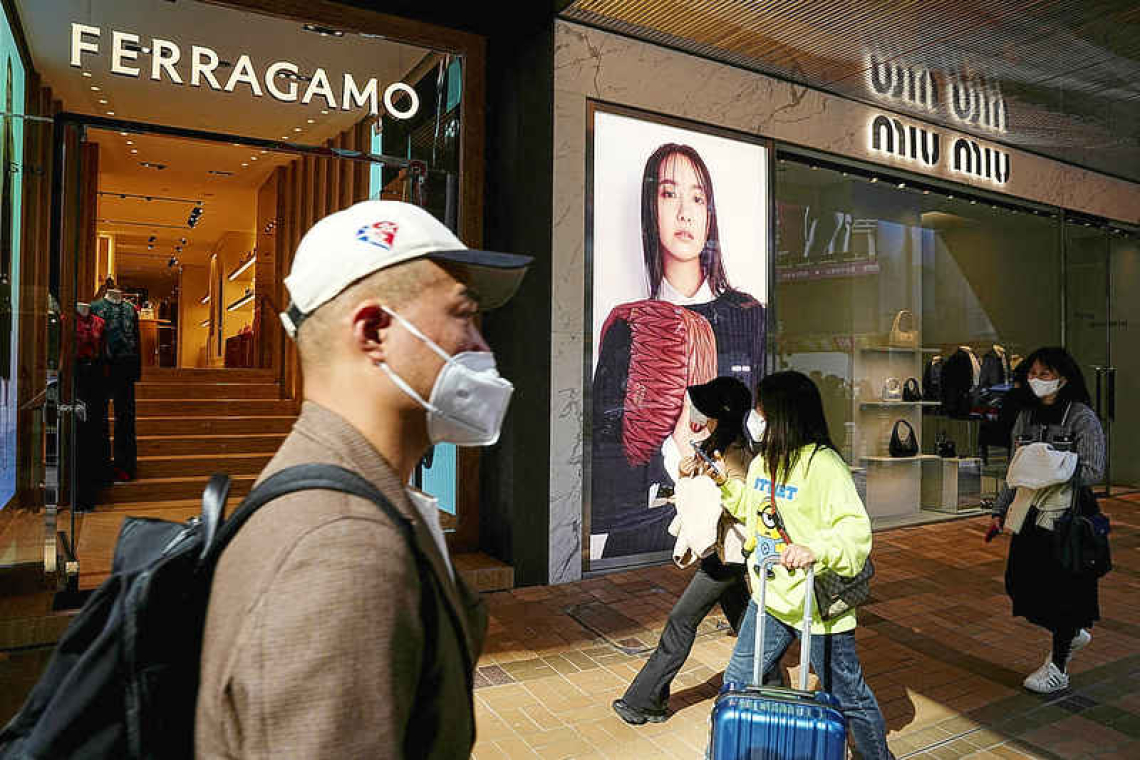BARCELONA--Europe's cost of living crisis has benefited discount retailers but mid-market names are being squeezed as shoppers watch their spending, executives and analysts at an industry conference said on Tuesday.
Luxury is also continuing to perform well, with hopes that China's reopening will give fresh impetus as a months-long post-pandemic splurge by Americans starts to end. But "if you are not really offering the best price, and you are not luxury, then it is difficult," Thomas Harms, global retail leader at consultancy EY, said on the sidelines of the World Retail Congress in Barcelona.
Although price rises are slowing, retailers globally are still worried inflation will dampen consumer spending and are looking for new ways to attract customers. In Europe especially, some have seen sales slow as high energy bills lead customers to buy less or cheaper food and clothes.
The rising cost of goods, declining consumer demand and unpredictable supply chains were the top concerns among retail executives and managers in a survey by Boston Consulting Group published on Tuesday. And passing higher costs on to shoppers is likely to become harder: 72% of respondents said they expected consumers to be more price-sensitive this year.
That benefits companies like Dutch non-food discounter Action, which opened 280 stores in 10 countries across Europe last year, and added its first branch in Slovakia this year, CEO Hajir Hajji told conference delegates.
Mostly buoyant results from big global companies like Nestle showed consumers were still spending despite higher prices, although several warned sales could be pinched in coming quarters if inflation does not abate. Outside the discount space, retailers are getting creative to keep shoppers coming back, with many investing in loyalty programmes, price promotions, and improvements to the online customer experience, the BCG survey found.
Asia was a bright spot in terms of retailers' expectations, with 76% of survey respondents expecting the region's economy to grow this year after China's reopening following lengthy COVID-19 lockdowns.
"It's a very positive moment," said Ying Xu, president of Chinese supermarket chain Wumart, referring to the reopening. "It takes a bit of time, but the direction is correct."
Lane Crawford Joyce Group, which runs luxury department stores in Shanghai, Beijing, Chengdu, and Hong Kong, has seen a trend of "revenge travel" since the reopening and expects a full second-half comeback in the Chinese market, CEO Jennifer Woo told Reuters.







